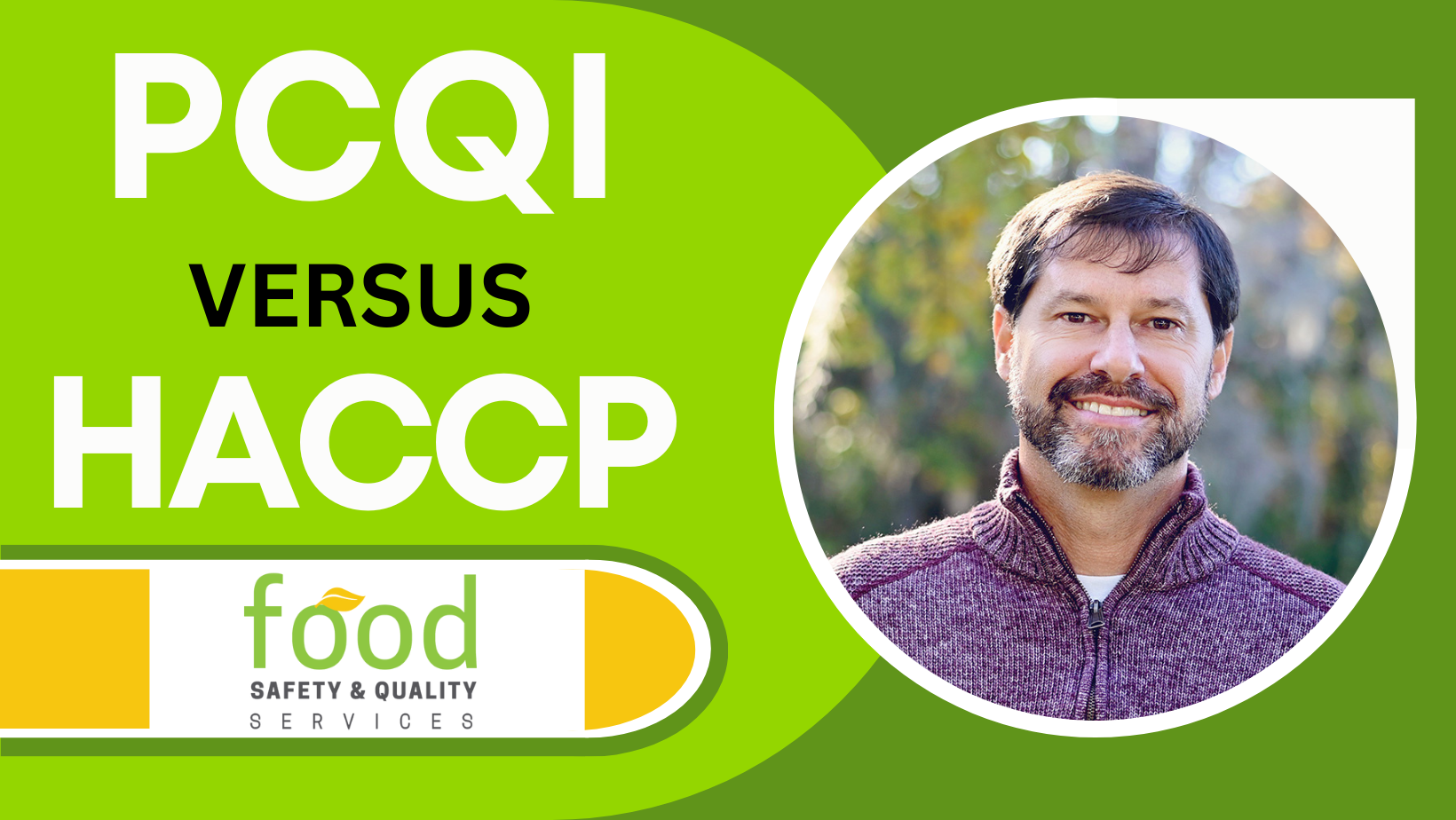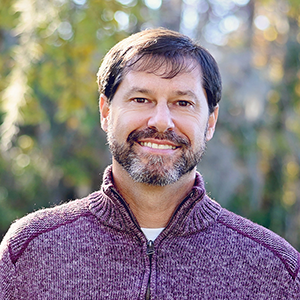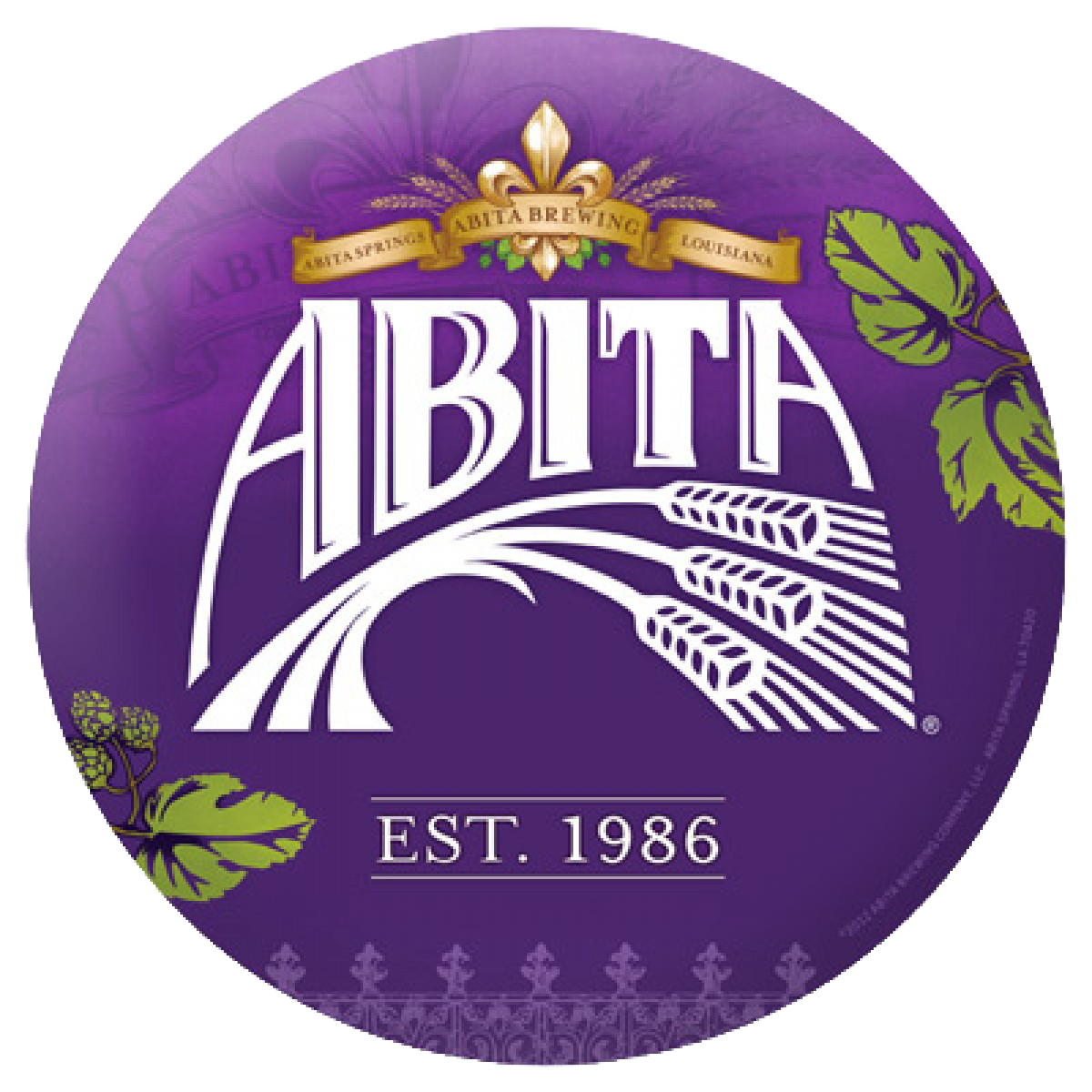PCQI Versus HACCP
Origins of HACCP and Preventive Controls
When industry professionals think about food safety plans, there are two primary approaches that stand out—Hazard Analysis and Critical Control Points (HACCP) and Preventive Controls for Human Food (PCQI). HACCP, born in the 1960s, emerged as a systematic approach to identifying, evaluating, and controlling food safety hazards within a food manufacturing process. Its roots lie in the space program, where NASA sought a fail-safe method to ensure the safety of astronauts' food.
Fast forward to the 21st century, and the Food Safety Modernization Act (FSMA) introduced a new contender: Preventive Controls. Enacted in 2011, FSMA shifted the paradigm by emphasizing proactive measures beyond the production process to prevent contamination. The Preventive Controls for Human Food rule became the cornerstone, setting the stage for a new era in food safety training and regulatory compliance. In today’s post, I’ll discuss PCQI versus HACCP, and what every food company needs to know.

Why has Preventive Controls replaced HACCP?
What should my company do moving forward?
For food professionals in the United States, adapting to the changing landscape of food safety is imperative. When considering PCQI versus HACCP, it’s important to remember Preventive Controls is the new approach mandated by FDA, so food companies in the US must be in compliance with these new rules. Many have already recognized the benefits of Preventive Controls and have embraced the new framework. Moving forward, a proactive and collaborative approach to training becomes paramount. The more educated employees are, the better they can detect and prevent issues ahead of time, thus preventing recalls and loss of brand reputation.
HACCP, however, is still here to stay for the near future. Because Preventive Controls is a U.S. based FDA initiative, other parts of the world still recognize HACCP as the primary food safety methodology. This includes the Global Food Safety Initiative or GFSI. GFSI is responsible for the global food safety audits that so many food companies use today to showcase their quality and safety programs, including SQF, BRCGS, and FSSC 22000. These global requirements still mandate that HACCP be the core of a company’s food safety plan. As long as that remains unchanged, HACCP will still play a role in today’s U.S. food industry.
It is important that food companies continue to provide both HACCP and PCQI training to employees in order to bridge the food safety knowledge gaps and create a positive food safety culture. Training programs need to foster a culture of continuous improvement in food safety practices, which includes staying updated on emerging risks, leveraging technology for real-time monitoring, and encouraging a mindset that prioritizes prevention over reaction.
How FSQS Can Help
Food Safety and Quality Services offers HACCP and PCQI training courses to meet your company's specific needs. In each class our instructor will take the time to explain how companies can properly utilize both approaches while meeting the compliance expectations of FDA and GFSI.
Classes are offered throughout the year both in-person and online. Check our upcoming classes webpage to see our current schedule or sign up for our newsletter to stay up-to-date with the many training opportunities we offer annually.
We can also provide your company with private training. To inquire about private training opportunities with a personal approach, contact us today to learn more.
About the author

Lance Roberie
Food Safety Consultant and TrainerLance Roberie has over 20 years of quality assurance and food safety experience within the food industry. Mr. Roberie holds the following certifications:
- Certified Food Safety HACCP Manager
- Preventative Controls for Human Foods (PCQI) Lead Instructor
- Meat & Poultry and Seafood HACCP Lead Instructor
- FSPCA Food Defense (IAVA) Lead Instructor
- ASQ Certified Manager of Quality & Organizational Excellence
- ServSafe Instructor and Exam Proctor
- Internal Auditor and GFSI Specialist
Lance and the Food Safety & Quality Services’ training curriculum will advance your team's food safety knowledge through certified training, consulting, and “real life” industry scenarios.
upcoming Classes
January 23, 2025 09:00 AM - 03:00 PM
October 17, 2024 09:00 AM - 04:00 PM
October 15, 2024 08:00 AM - October 16, 2024 06:00 PM
Need a Food Safety Specialist?
Free 15 Minute Consultation.Learn how we helped Abita Brewing Company pass their first food safety audit with an A grade.

